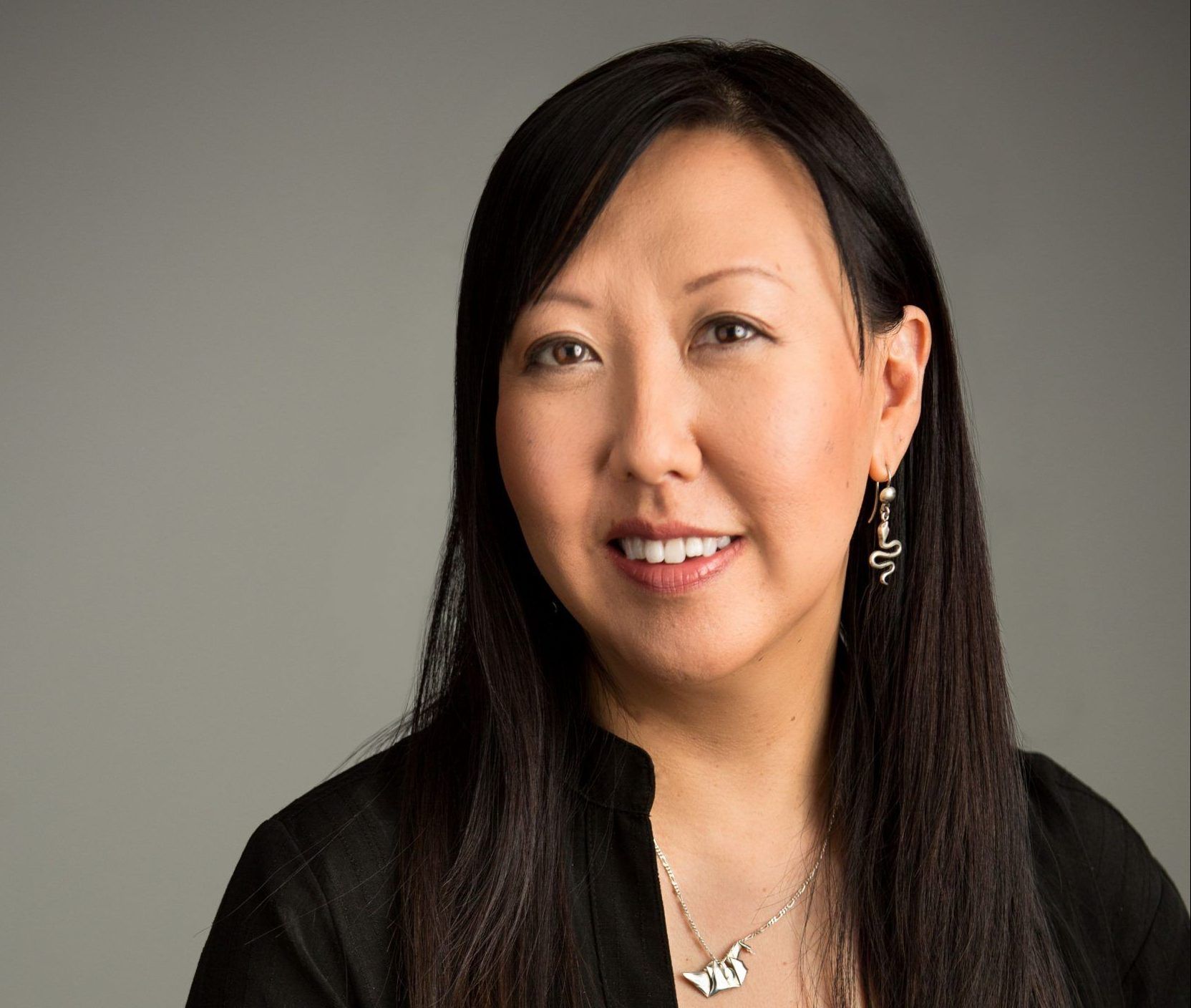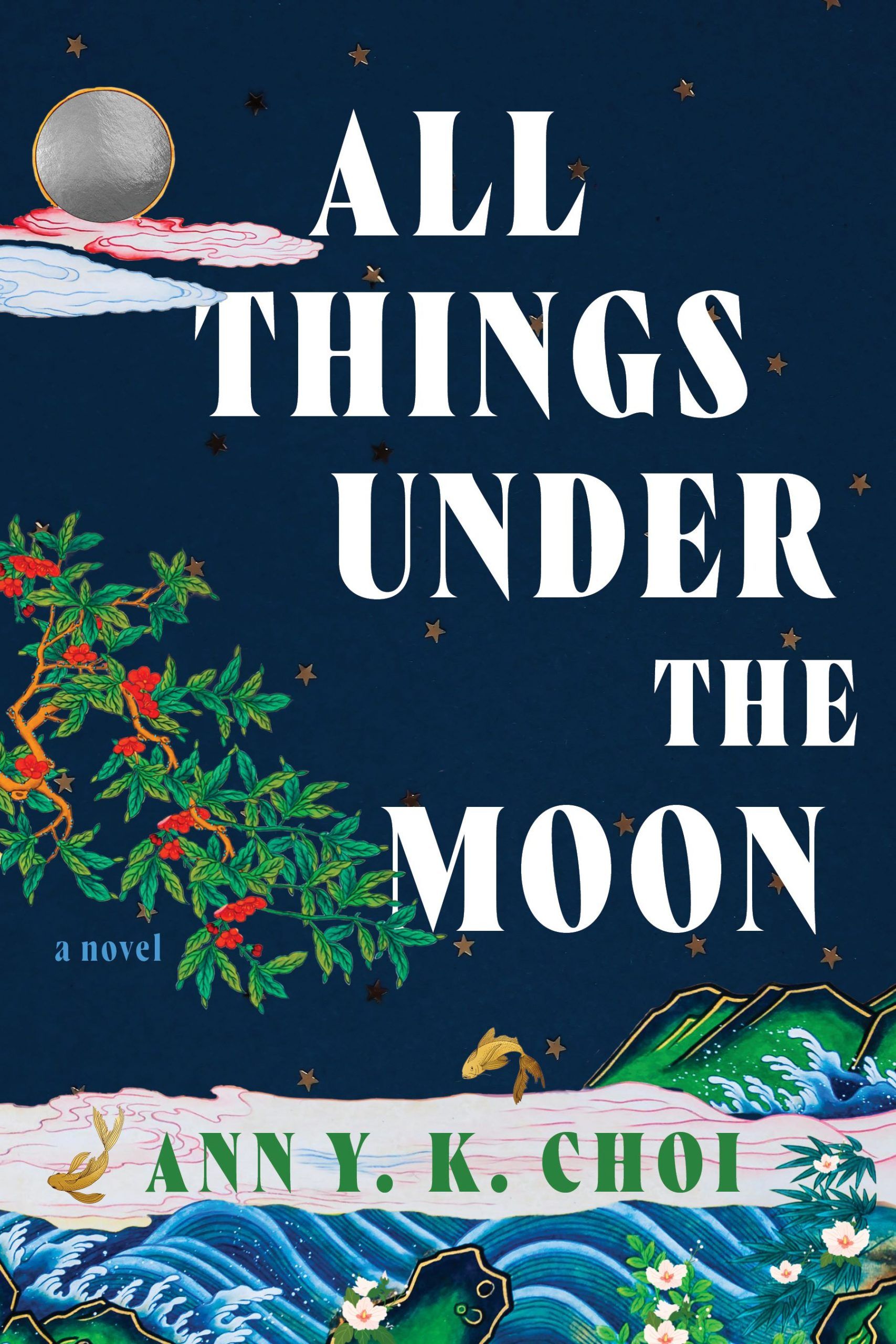
There came a moment in the remote mountain wilderness of Korea when Ann Y.K. Choi feared that she was well and truly lost. The Toronto novelist was there with her 16 year-old daughter because of the book she was writing — a book in which two of its characters are in flight for their lives in that very place.
“I wanted to know what it felt like to be running away in the mountains a hundred years ago,” Choi says now. “We tried our best to simulate that experience”
And like the novel’s fictional characters, they were ill prepared.
“No book is worth this!” her daughter protested after hours of dealing with insects, scorching heat and rough terrain. However, it was worth it for Choi who needed her new novel — All Things Under The Moon — to be as accurate as possible.
“This is how I was educating myself on Korean history,” she explains. Her family had emigrated to Canada when she was seven, and there was so much she didn’t know about the land of her birth. In particular she needed to connect creatively and emotionally with her setting — Korea under Japanese occupation — and the remarkable young woman named Na-Young, who is the vibrant heartbeat of her story.
“I personally wanted to capture what I was writing about,” Choi says from her Toronto home. So of course, that demanded a confrontation with the wilderness and a visit to the humble village that begins and ends the novel.

All Things Under The Moon
Ann Y.K. Choi
Simon and Schuster
There was also the “horrific” experience of visiting the notorious Seodaemun Prison, where thousands of freedom fighters were tortured and killed under Japanese occupation. “It’s now a museum and education centre,” Choi says. But it was still a struggle to deal emotionally with what it once represented. “Part of it was that I never knew about it. I grew up in Canada.”
The beguiling young heroine of Choi’s second novel is Kim Na-Young — uneducated, illiterate, yet driven by a burning intelligence and intellectual curiosity. The rural village in which she has grown up and the social and cultural strictures encompassing her life might seem to have marked out her future. It is a world of arranged marriages, husbands freely taking second and third wives, and females who are always expected to know their place.
But Na-Young is full of surprises. She will shape her own destiny, learn to read and write, navigate her way through dangerous relationships, survive the ever-present menace of the occupying forces, and in her own way become a feminist advocate for change.
She also learns the importance of friendship early on. When she faces the prospect of an forced marriage to a man she has never met, she and best friend Yeon-Soo flee their village only to become victims of a violent encounter that will have a devastating effect on each of their lives.
In the aftermath of this event, Na-Young will take increasing control of her life as she moves from village to larger town and finally to the city of Seoul where revolution simmers in the back streets and the tea houses quiver with intrigue. And through it all she yearns to be reunited with Yeon-Soo, who has gone missing with the Japanese in furious pursuit of her.
“A core message is that women need other women to survive especially in times of political difficulty,” Choi says. “It’s through female friendship that women can find a space to share resources and find emotional comfort. Na-Young meets a lot of strong women along the way and each of them teaches her lessons.”
The germ for the novel was Choi’s great grandmother who cared for her during her early childhood in Korea. “My great grandmother was constantly getting into mischief when she was little. And later she was a great storyteller.” She was also a woman who breached the cultural norms of the day by running a restaurant — so here was a cue for Choi to have Na-Young breaching convention by working in a tea house.
“My great grandmother cared for me during the first seven years of my life and would tell me all these brilliant stories,” Choi remembers. But it wasn’t until she was an adult that she understood why the stories were always delivered orally. Because her great grandmother had never been allowed to attend school, she couldn’t read or write.
Choi is a longtime educator who currently teaches creative writing at University of Toronto. “There have been lots of stories about wars and freedom fighters, but because I’m very aware of the importance of female education, that was absolutely something I wanted to explore. So with my character, Na-Young, I wanted to reimagine what my great grandmother might have done had she been able to read or write.”

